Published: 17 Nov 2025, 02:03 am
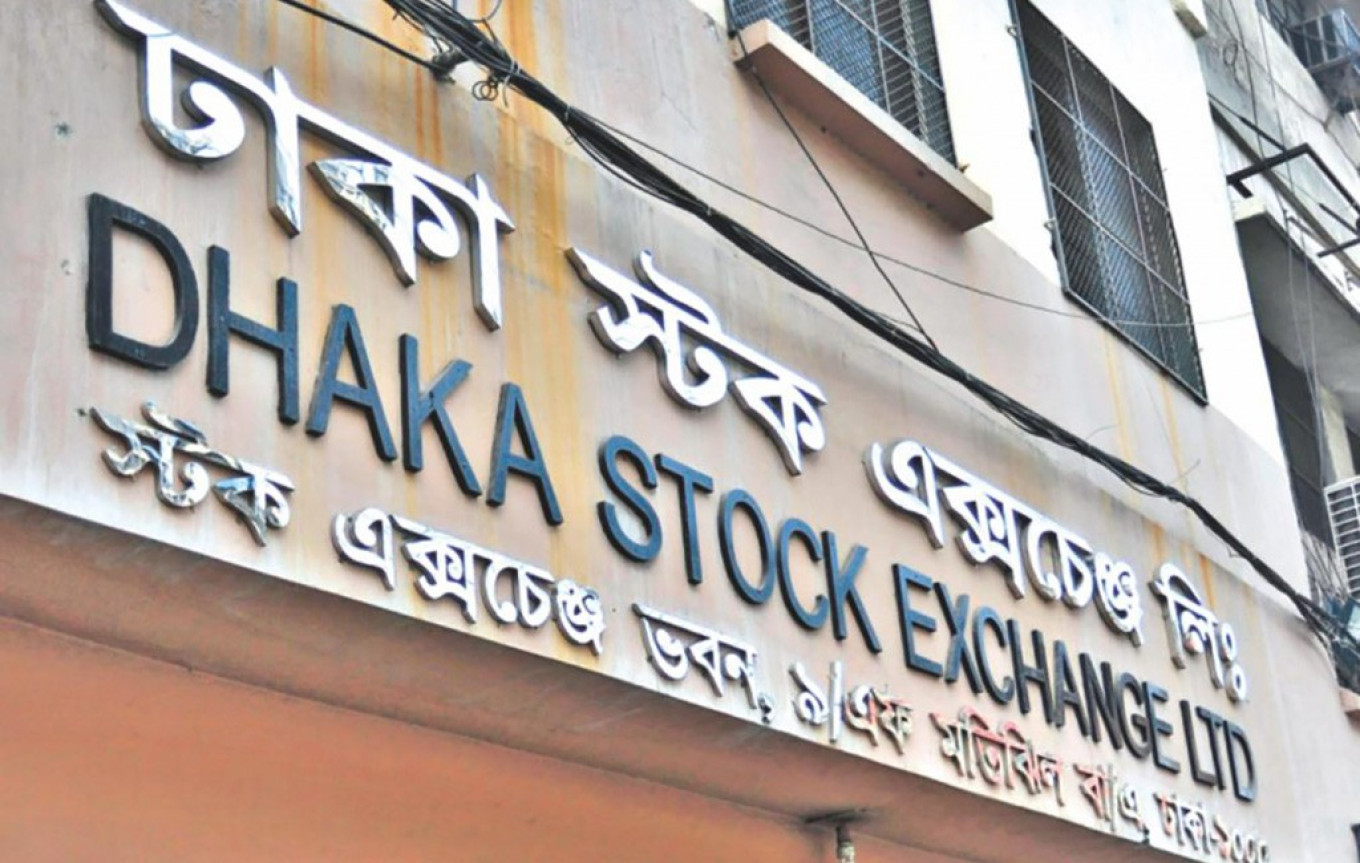
Bangladesh’s capital market continues to plunge as relentless price falls show no sign of stabilising. At the Dhaka Stock Exchange (DSE), the country’s principal bourse, indices begin to drop sharply almost immediately after trading opens. The situation mirrors that of the Chittagong Stock Exchange (CSE), where indices are also sliding. Market review data show that, over the past week alone, the combined market capitalisation of both bourses has shrunk by Tk 26,514 crore 14 lakh, triggering anger and frustration among retail investors, many of whom have taken to the streets in protest.
Adding to the growing anxiety, foreign investors were net sellers in October, offloading more shares than they purchased—an indicator of declining confidence in the market’s outlook.
Analysts note that investors had initially expected the market to rebound following last year’s political transition. The resignation of Sheikh Hasina on 5 August had produced an immediate surge; the DSEX rose nearly 200 points, or 3.77%, the following day. Trading volumes climbed, and both the DSE and CSE briefly returned to a buoyant state. Within just four sessions following the student-led uprising that toppled the previous government, the DSEX jumped almost 800 points, surpassing 6,000, while daily turnover exceeded Tk 2,000 crore.
Yet this momentum soon reversed. Over subsequent months the index slid steadily, and by late May turnover on the DSE had fallen to Tk 250 crore, while the benchmark index dropped more than 1,200 points to 4,785. Despite occasional signs of recovery, the market has remained trapped in volatility, with uncertainty deepening.
Stakeholders argue that the change in leadership at the Bangladesh Securities and Exchange Commission (BSEC) has failed to restore confidence. Falling turnover has not only hurt investors but also stock exchanges, brokerage houses, merchant banks and all other market participants.
Market observers identify three primary drivers of the ongoing instability:
Political uncertainty, including doubts over whether the national election scheduled for February will take place as planned.
A recently gazetted margin-loan regulation, which many say has complicated financing for investors.
The declaration of zero value for the shares of five Islamic banks undergoing merger, followed by a suspension of their trading.
The October data further illustrate an outflow of foreign capital. Among 360 listed companies, foreign and expatriate Bangladeshis reduced their shareholdings in 34 companies—amounting to at least Tk 169 crore—while holdings increased in just 13 firms, totalling a little over Tk 2 crore in market value. In the same month, the DSE recorded Tk 11,019 crore in total turnover, while prices of 303 companies declined and only 50 gained. The DSEX lost 293 points during the month, and the downward trend has persisted through November.
Tensions escalated after Bangladesh Bank Governor Ahsan H. Mansur announced on 5 November that the equity of First Security Islami Bank, Social Islami Bank, EXIM Bank, Global Islami Bank and Union Bank had fallen below zero, leaving shareholders with no recoverable value. He stated that the shares must therefore be treated as having “zero value” and that no compensation would be provided. The BSEC subsequently suspended trading of these banks’ shares. Small investors responded with protests outside the DSE building on 6 November and later announced a siege of Bangladesh Bank.
Although the governor’s comments sparked widespread alarm, Economic Adviser Salehuddin Ahmed later clarified that the announcement was not final and that the government would review the matter.
Saiful Islam, President of the DSE Brokers’ Association, argues that trading in the five banks should have been suspended at the outset of the merger process to prevent the severe price erosion that followed. He added that new margin rules, the bank merger plan and political uncertainty have collectively undermined investor sentiment. Fears that more banks, non-bank financial institutions and insurance companies may face dissolution or forced mergers have intensified selling pressure.
On Sunday, the first trading day of the week, the DSEX closed 29.46 points higher at 4,732, though total turnover fell to Tk 298 crore, down from Tk 383 crore previously. Of the traded firms, 236 advanced, 113 declined and 35 remained unchanged.
In contrast, the CSE extended its losing streak to 11 consecutive sessions, with the CASPI dropping 74 points amid reduced turnover of Tk 4.76 crore.
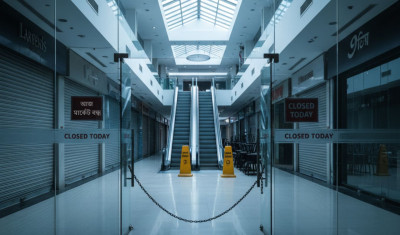
In the capital Dhaka, markets in different areas remain closed on designated days of the week. Today...

Three cocktail explosions occurred within half an hour in the Manikganj bus stand area and its surro...
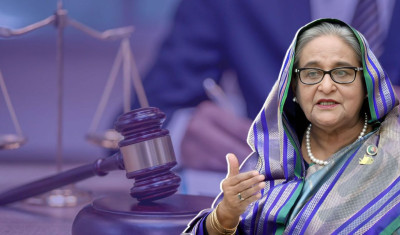
A total of five charges have been brought against ousted Prime Minister Sheikh Hasina and two other...
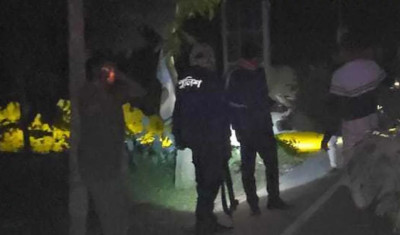
An attempted arson attack took place at the Jashodal branch of Grameen Bank, located on Station Road...
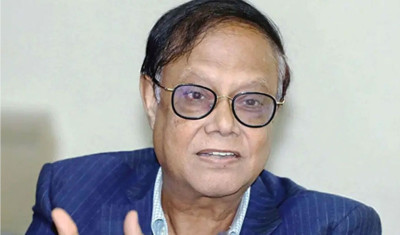
Bangladesh Bank Governor Dr Ahsan H. Mansur has revealed that a single family withdrew nearly Tk 50,...
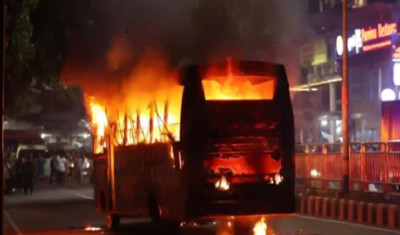
Cocktail explosions occurred in front of the main gate of Titumir College and at the Amtali intersec...
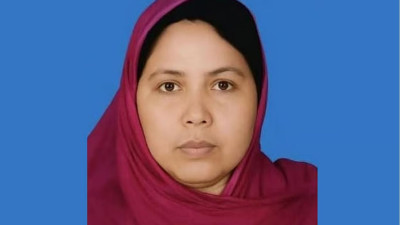
Fatema Akter, a 45-year-old assistant teacher who was injured during a teachers’ rally demanding the...

Amid heightened political tension surrounding the verdict in the first case against former Prime Min...
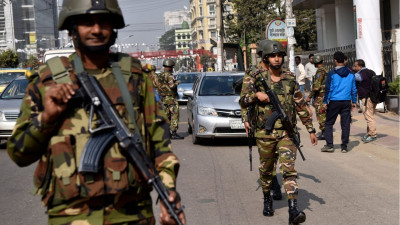
Bangladesh has been placed under an undeclared nationwide high alert as security agencies tighten th...

Bangladeshi model and actress Tanzia Zaman Methila has proudly carried her nation’s flag on the glob...

Dhaka, Sunday: Renowned Bangladeshi actress and model Mehazabien Chowdhury has been granted bail aft...

Bangladesh opener Saif Hassan is set to represent the Aspin Stallions in the upcoming Abu Dhabi T10...